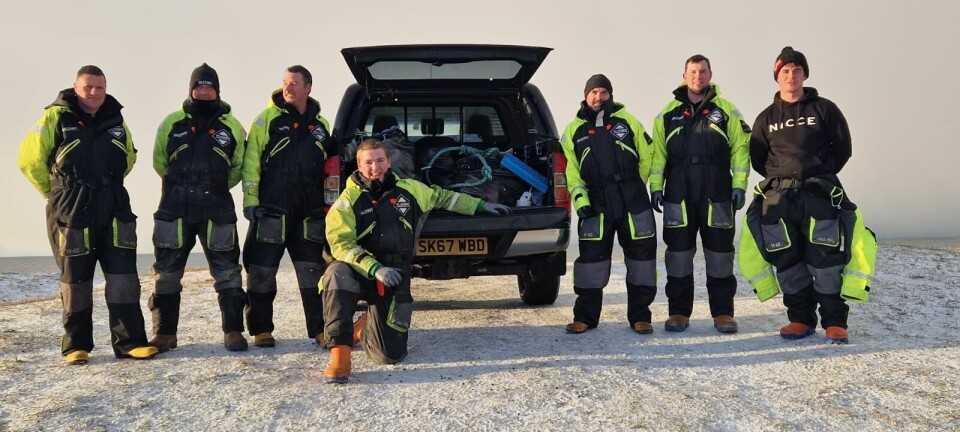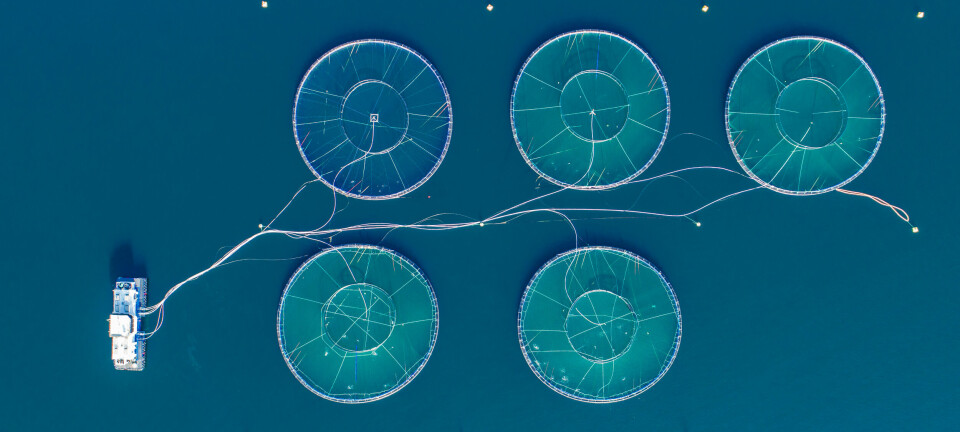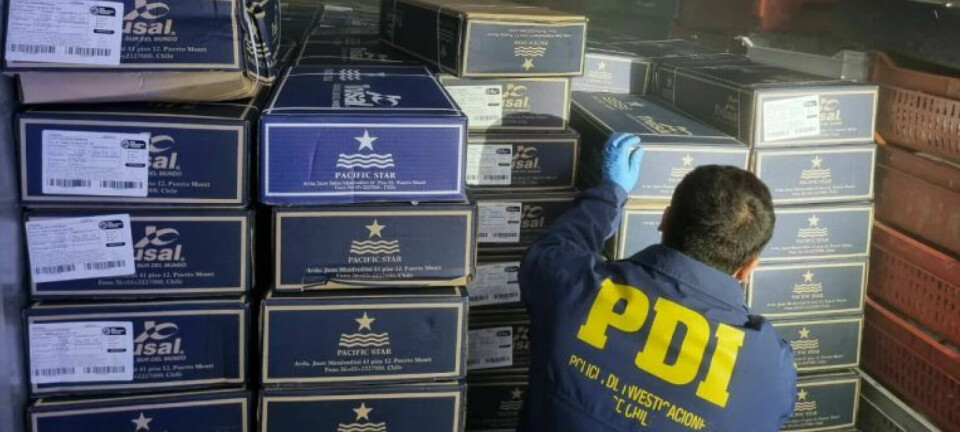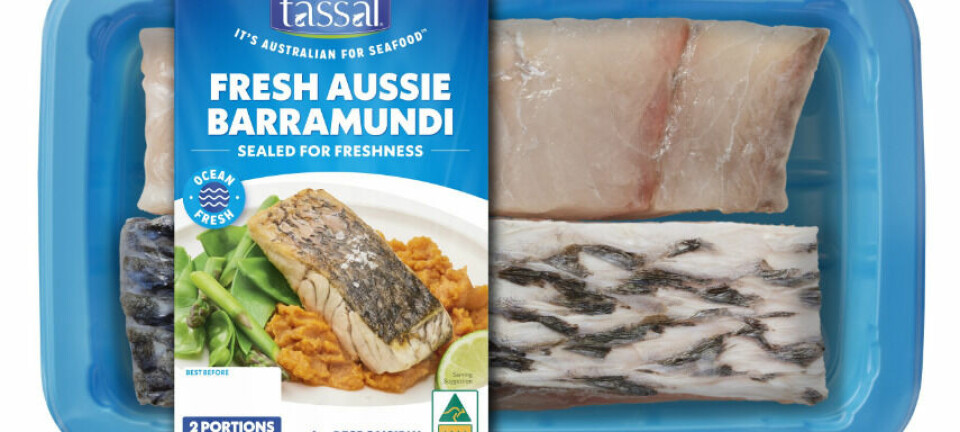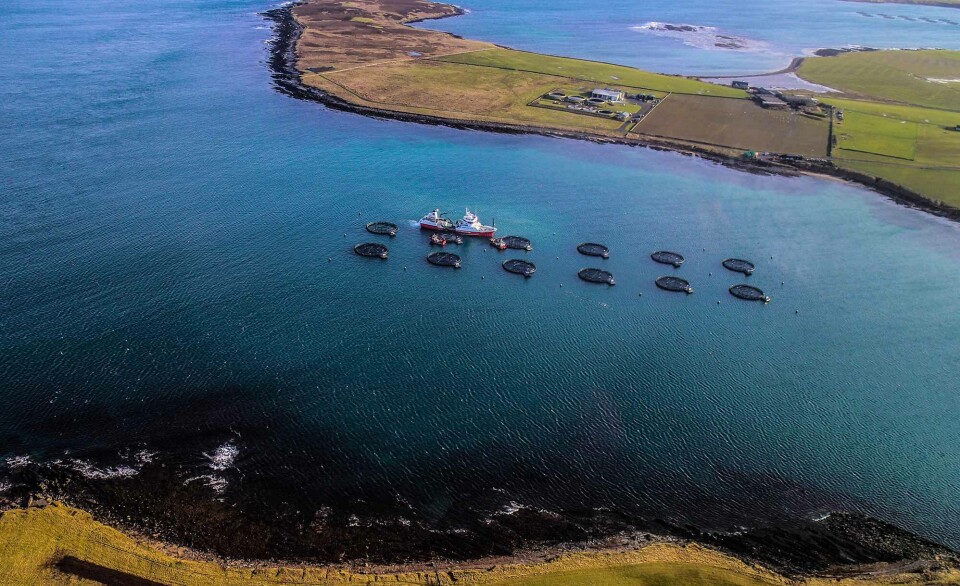
Orkney salmon gains Seafood Watch approval
Farmed salmon from Orkney has been listed as a "Good Alternative" by Monterey Bay Aquarium's Seafood Watch programme in its latest list of recommended seafood sources.
It means salmon farmed in the island group, where Cooke Aquaculture has 16 active sites and Scottish Sea Farms has seven, joins a relatively select band approved by the US organisation.
Cooke spokesperson Nell Halse said: "We already enjoy a great reputation in the marketplace for our Scottish raised salmon so we are not expecting this designation to have a major impact on our customer base. However, it is always good to have our products and sustainable farming practices receive recognition from various programmes."
Earlier this year farmed salmon from the entire British Columbia region in Canada won Good Alternative status, but apart from that only salmon from Maine on the US east coast, and the Verlasso (Chile), Sixty South (Chile) and Blue Circle Foods (Norway) brands have achieved the status.
Moderate environmental impacts
Halse added that Maine, where Cooke is the only salmon farmer, was the first region in North America to have its sea-farmed salmon listed as a Good Alternative by the Seafood Watch programme.
Atlantic salmon farmed in the rest Norway, Scotland, Chile and in Atlantic Canada remains on the Seafood Watch "Avoid" list because of what it regards as the overuse of chemicals.
In its latest list of fish that's rated either "Best Choice", "Good Alternative" or "Avoid", Seafood Watch states: "Atlantic salmon farmed in Scotland's Orkney Islands in marine net pens is a Good Alternative. Most environmental impacts (or the risk of impacts) are moderate in the Orkney Isles due to lower sea lice levels, which results in less pesticide use and less risk to wild salmon and sea trout. Pesticides are used, on average, less than once per production cycle. However, escapes of farmed Atlantic salmon are a major risk to the genetic composition and fitness of wild, native salmon populations."
Potential to increase exports
According to Marine Scotland statistics, the last notified escape in Orkney happened nearly five years ago, on December 15, 2012, when 25,623 nine-month-old fish with an average weight of 1.153kg got free from a site at Meil Bay run by Meridian Salmon Farms Ltd, a firm which has since been taken over by Cooke.
Don Staniford, a long-standing opponent of the salmon farming industry, told the Sunday Times that the Scottish industry's lack of Seafood Watch certification was a "clear red light for consumers who should avoid Scottish farmed salmon".
But Scott Landsburgh, chief executive of the Scottish Salmon Producers' Organisation, said Orkney's Good Alternative status showed the progress the industry was making, and heralded the potential to increase its exports to the US.
More progress on sea lice
"Scotland has always been red-listed by Seafood Watch so it's good news that for the first time that's been lifted for Orkney," he told the paper. "We've spent a lot of time working with Seafood Watch to improve and this could open up new markets for us in the US.
"Obviously we want the rest of the industry lifted from the red-list too and we know we need to make more progress on sea lice, but pesticide use is way, way down and escapes are tiny compared to what they were."
The only Atlantic salmon to make it into Seafood Watch's "Best Choice" category is that which is farmed in indoor recirculating tanks, a growing method which the organisation says has less effluent, disease, escapes and habitat impacts than other aquaculture systems. Currently, only 0.1 per cent of farmed Atlantic salmon is produced by this method.
















































